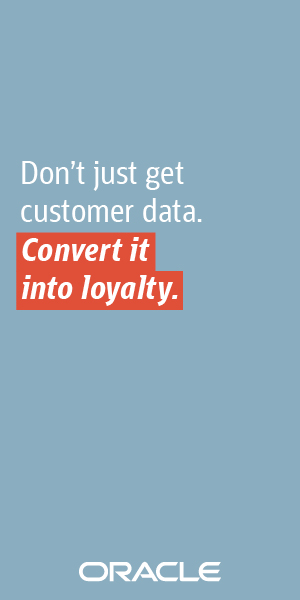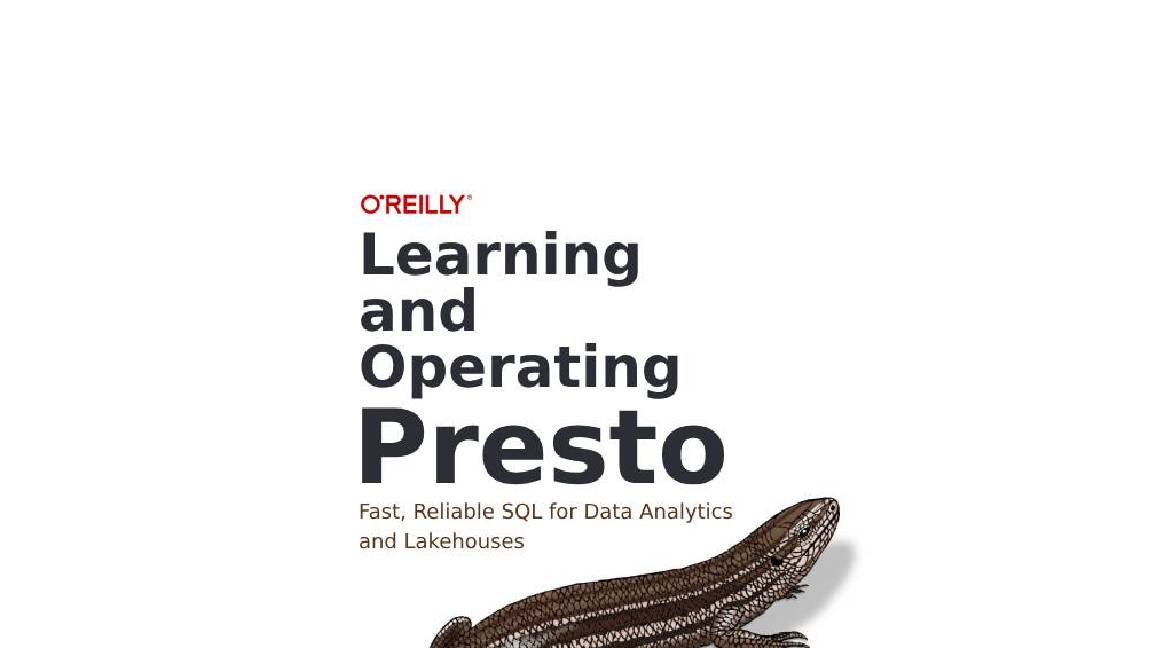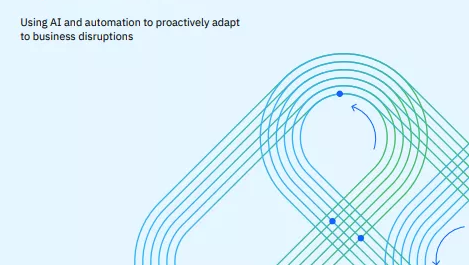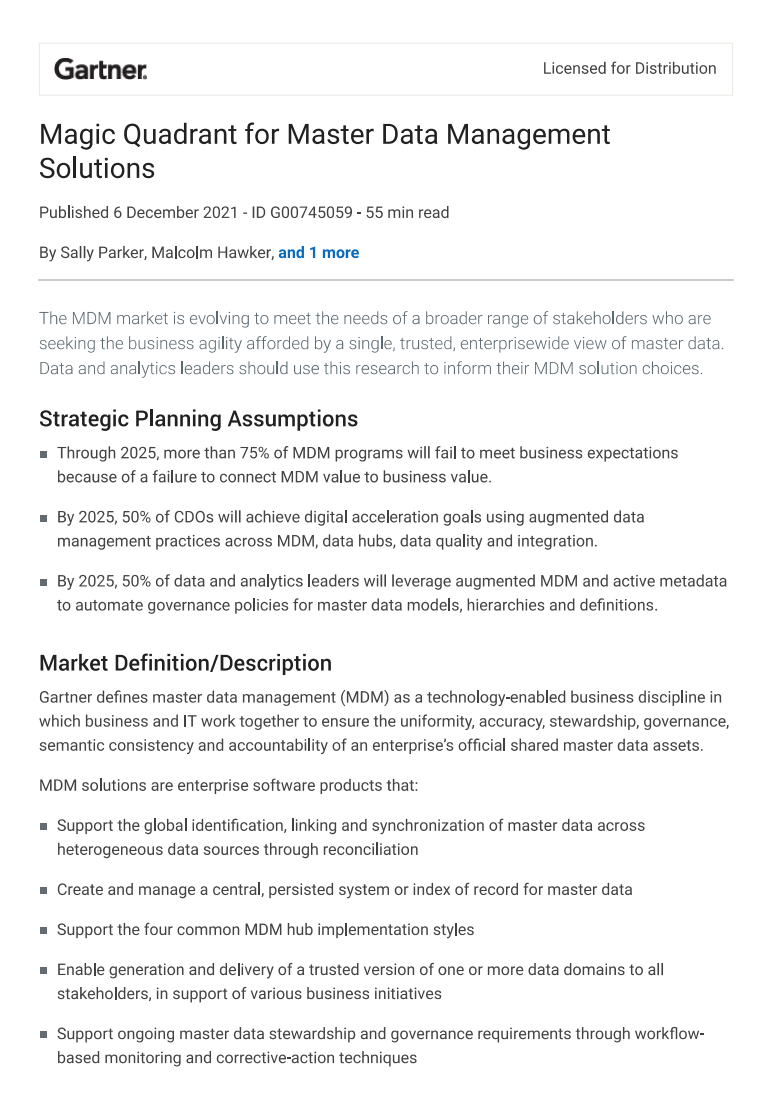Imperial aims to fight coronavirus with AI-powered data hub
The REDASA data platform built by PanSurg, Cloudwick, MirrorWeb and AWS will derive real-time insights to help medical professionals


Imperial College has partnered with several organisations to build a globally-sourced COVID-19 data hub designed to offer AI-powered insights to medical professionals to fight future infections.
Using Amazon Web Services (AWS) machine learning tools, the REaltime Data Analysis and Synthesis (REDASA) platform aims to help the healthcare industry with real-time insights to help medical action and policymaking.
The hub has been developed by PanSurg, a surgical network comprising Imperial health professionals and academics, in collaboration with a consortium of tech firms including Cloudwick and MirrorWeb alongside AWS.
It has been launched to pool together the insights and expertise of professionals working to fight the spread of infection by joining up a huge mass of material scattered across more than half a million different sources.
“Healthcare professionals are facing huge volumes of academic literature, public information and noise on COVID-19, making it challenging to extract key insights and translate these into best clinical practice,” said clinical senior lecturer and lead for PanSurg James Kinross.
“We are excited to collaborate with Cloudwick, MirrorWeb and Amazon Web Services to create a reliable, accurate information source with REDASA, for healthcare professionals seeking guidance during the pandemic.”
The project has recruited MirrorWeb’s website-capture technology to harvest large volumes of data at pace, with the organisation using machine learning to ensure the information gathered from public sources is accurate. These would include medical journals, healthcare literature and news sources.
Get the ITPro daily newsletter
Sign up today and you will receive a free copy of our Future Focus 2025 report - the leading guidance on AI, cybersecurity and other IT challenges as per 700+ senior executives
This data is then stored and processed on Cloudwick’s Amorphic data and analytics platform, with advanced data science techniques used to generate automated insights and provide a secure way for users to access the intelligence.
Machine learning services by AWS, alongside an element of human curation, then allows REDASA to perform deep data analysis and extract the most important and relevant insights. Teams would, therefore, be able to process and make sense of the huge amounts of data flooding into the system.
RELATED RESOURCE

Staying ahead of the game in the world of data
Create successful marketing campaigns by understanding your customers better
The hub is centred on ‘live systematic review’ which means information is continuously updated and analysed, with data provided to private and public sector healthcare organisations and physicians to improve treatment and boost research.
“COVID-19 has made it clear just how challenging it is to find critical information quickly and easily in an ‘infodemic’ situation, with the noise of millions of articles to sift through,” said international healthcare data science lead at AWS EMEA SARL Dr Matthew Howard.
“This solution we are developing with PanSurg, and AWS Partner Network (APN) Partners, Cloudwick and MirrorWeb, combines the best of expert human review with AWS machine learning technologies.
"Our aim is to provide a new approach that will put the most accurate information possible in the hands of healthcare professionals, help improve medical knowledge, and develop more effective methods of patient care that will make a difference to frontline healthcare workers.”
The product is expected to launch in the coming months and will become a key legacy project with applications that stretch beyond coronavirus. While the main focus, for now, is to support the healthcare response to COVID-19, the team behind REDASA believes the model can be adapted and extended to encompass many other diseases, including cancer.

Keumars Afifi-Sabet is a writer and editor that specialises in public sector, cyber security, and cloud computing. He first joined ITPro as a staff writer in April 2018 and eventually became its Features Editor. Although a regular contributor to other tech sites in the past, these days you will find Keumars on LiveScience, where he runs its Technology section.
-
 Should AI PCs be part of your next hardware refresh?
Should AI PCs be part of your next hardware refresh?AI PCs are fast becoming a business staple and a surefire way to future-proof your business
By Bobby Hellard
-
 Westcon-Comstor and Vectra AI launch brace of new channel initiatives
Westcon-Comstor and Vectra AI launch brace of new channel initiativesNews Westcon-Comstor and Vectra AI have announced the launch of two new channel growth initiatives focused on the managed security service provider (MSSP) space and AWS Marketplace.
By Daniel Todd
-
 Learning and operating Presto
Learning and operating Prestowhitepaper Meet your team’s warehouse and lakehouse infrastructure needs
By ITPro
-
 Four ways AI is helping knowledge workers excel
Four ways AI is helping knowledge workers excelCase Study From medical diagnostics to mining and exploration, many industries are using AI to make their workers more effective
By Sandra Vogel
-
 How to help IT manage itself with autonomous operations
How to help IT manage itself with autonomous operationsWhitepaper Using AI and automation to proactively adapt to business disruptions
By ITPro
-
 Green Quadrant: Enterprise carbon management software 2022
Green Quadrant: Enterprise carbon management software 2022Whitepaper Detailing the 15 most prominent carbon management software vendors to see if they fit your requirements
By ITPro
-
 insideBIGData: Guide to energy
insideBIGData: Guide to energyWhitepaper How big data can help energy companies manage intense disruption
By ITPro
-
 Machine learning vs statistics: What’s the difference?
Machine learning vs statistics: What’s the difference?In-depth Both machine learning and statistics involve collecting datasets, building models and making predictions, but they differ in approach
By Jonathan Weinberg
-
 Magic quadrant for master data management solutions
Magic quadrant for master data management solutionsWhitepaper Informing your MDM solution choices
By ITPro
-
 Kyndryl partners with Teradata to boost AI and data modernisation
Kyndryl partners with Teradata to boost AI and data modernisationNews The new service combines Kyndryl’s data and AI expertise with Teradata’s cloud analytics platform to help customers migrate data to the cloud
By Daniel Todd